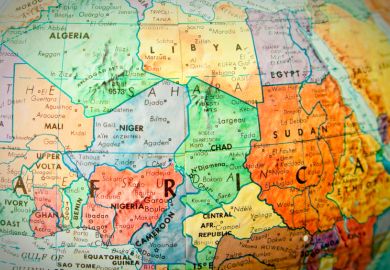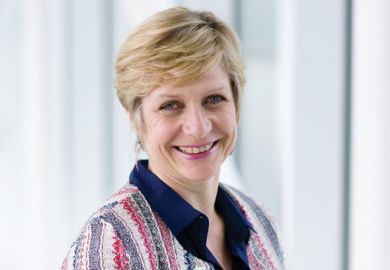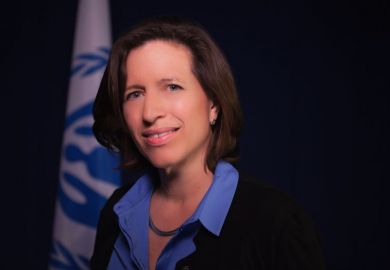Higher education is facing big changes in Brazil since the interim government came to power earlier this year, following the suspension of President Dilma Rousseff’s mandate.
After several years of strong support, federal universities are receiving news about structural cuts to their funding. Among the projects affected is Science without Borders (SwB), a government scholarship programme launched in 2011 to provide 101,000 placements abroad for Brazilian science students at top universities around the world.
The programme is co-run by the government agency Coordination for the Improvement of Higher Education Personnel, known as Capes. According to new Capes president, Abílio Neves, the SwB programme will be restructured to possibly include social and human sciences, and to require a greater involvement from students’ home institutions in Brazil. Policies to enhance the attractiveness of Brazilian higher education institutions will also be added to the programme.
But of greatest concern to the Brazilian academic community is the suggestion that future support may be restricted to graduate students. In this context, Brazilian higher education institutions have been working on their strategies to develop the powerful, rich and robust relationships they have established with overseas universities during the previous four years.
These relations have resulted in measurable benefits to Brazilian institutions’ internationalisation objectives, such as scaling up undergraduate exchanges, diversifying international partnerships and promoting the international recognition of Brazilian science and education. However, one of the most interesting benefits of the programme is that SwB brought new Brazilian players to the international higher education scene.
Every Brazilian institution is now committed to sending undergraduate students abroad, and they are starting to think and act towards an internationalisation of their own campuses too.
Most of them are now able to develop long-lasting and productive relations with international partners. SwB was the first public policy focusing on the internationalisation of higher education in Brazil, and it is one of the most significant international mobility initiatives in the world, alongside Erasmus in Europe. As such, it should be highly valued. Instead, it has been excessively criticised domestically.
It is true that mistakes were made in its implementation and monitoring. The lack of effective qualitative evaluation has certainly downgraded the value of the programme. Difficulties encountered in the recognition of academic activities developed abroad (considered a worldwide problem) and the number of students who did not achieve their academic goals while overseas (in similar proportions to other mobility programmes) has spoiled the SwB image. Nor has it been helped by some students’ lack of knowledge of the language of their host institutions, leading them to be sent home. And students’ destinations have also been criticised because only a few have gone to the top 25 higher education institutions in the world.
But such arguments have been unfairly used to endorse the removal of undergraduate students from the programme. At the same time, this new scenario will offer several opportunities to overseas institutions really willing to collaborate with Brazilian counterparts through equitable, sustainable and long-lasting projects. The challenge is on the table. Who is ready to partner with us?
José Celso Freire Junior is associate provost for international affairs and head of the international office at São Paulo State University (UNESP). He will address the EAIE 2016 conference on Thursday 15 September.
Register to continue
Why register?
- Registration is free and only takes a moment
- Once registered, you can read 3 articles a month
- Sign up for our newsletter
Subscribe
Or subscribe for unlimited access to:
- Unlimited access to news, views, insights & reviews
- Digital editions
- Digital access to THE’s university and college rankings analysis
Already registered or a current subscriber?




